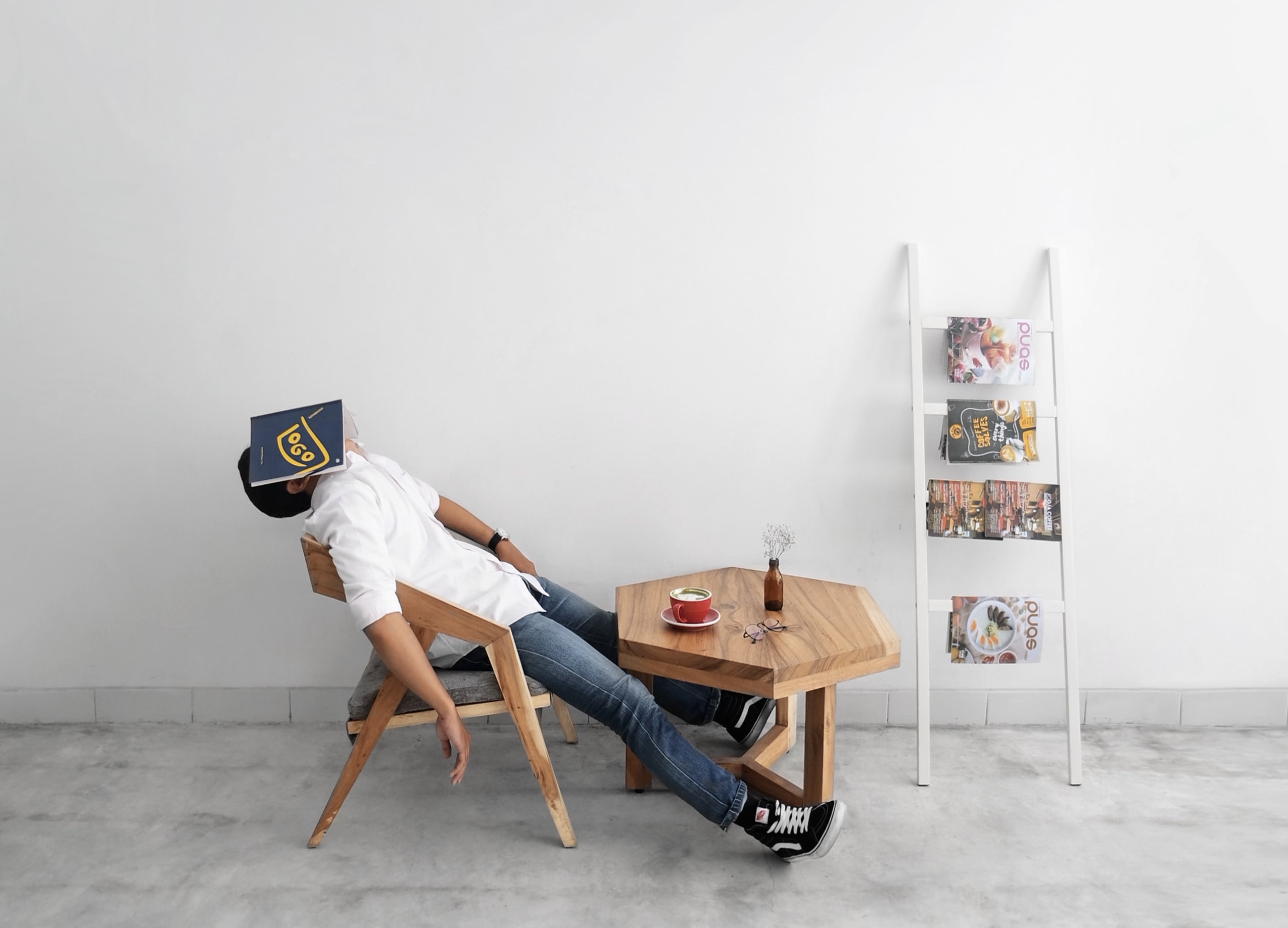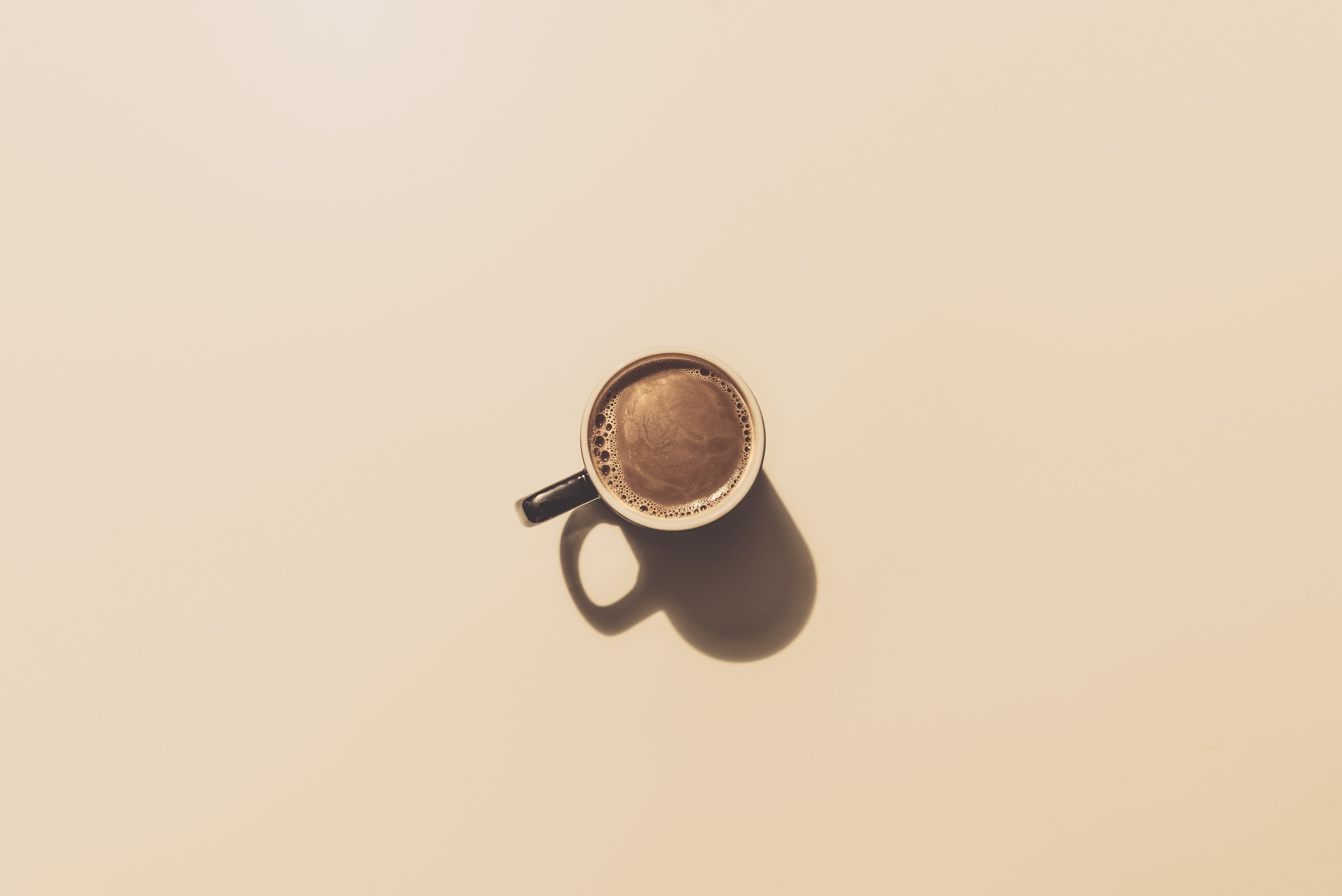Even though the average number of work hours has decreased over the last several decades, and the leisure time has increased, the general perception among the working population is that we can’t get anything done and that we don’t have enough free time.
One of the reasons for this lies in modern technologies, which give us more opportunities for staying connected to work during our free time, multitasking, and working from home. And we all know that time is money these days, so we try always to be more productive and get more work done. For that, we have productivity stimulants, such as green tea, coffee, smart drugs, and energy drinks.
Do these stimulants really provide cognitive enhancement? Does the supposedly improved cognitive ability come at a cost?
Let’s talk about it.
What are productivity stimulants?
The purpose of brain boosters is to increase attention, alertness, and energy by increasing the levels of certain chemicals in our body. The perceived results are, most notably, having more motivation to work and being able to process information faster.
Brain stimulants can be natural and chemical. The general notion is that the natural ones are safer for your health, while the synthetic ones are more efficient.

Some of the natural boosters people often use are gingko biloba, coffee and green tea for a quick caffeine boost, and omega-three fatty acids found in seafood.
Adderall, Ritalin, Aniracetam, and Donepezil are among the most famous synthetic productivity stimulants.
Can brain boosters help you work?
The function of brain stimulants is to help you fight off the fatigue and thus enable you to focus harder on your work. So, they don’t actually make you smarter or more productive. The memory improvement and better focus you get from these substances are mainly short-term, so you need a “refill” every once in a while.

As sleep deprivation is a serious issue of our times, and an obvious obstacle to functioning properly at our jobs, maintaining wakefulness is a priority for most working people. The timeless classic we use for that is, of course, coffee. And truly, consuming coffee results in higher energy levels and more alertness, but people are still weighing the pros and cons to establish whether caffeine is good for our health and how it affects our bodies.
Other, more modern alternatives, like Modafinil and other drugs used to treat ADHD, can be effective, but they can be harmful when taken repeatedly.
The potential side-effects of productivity stimulants
We can all agree that stimulants such as coffee, green tea, and Red Bull don’t produce the same side effects as smart drugs. But consuming them in large amounts can result in nervousness, trouble falling asleep at bedtime, digestive issues, rapid heart rate, and high blood pressure.

Smart drugs, which are often called “study drugs” because of their popularity among college students, have numerous side effects, including sleep disruption. What’s even worse, these drugs carry a high risk of addiction and abuse. Some experts even linked them to the possibility of having psychotic experiences.
The healthiest ways to boost productivity
What you need to accept is that there is no miracle pick-me-up cure, and if there is, there’s probably something off about it. Drinking coffee in moderate amounts is a safe way to feel more alert, especially while at the office, but you shouldn’t go overboard and you shouldn’t consume it before bedtime.

Here are some great auxiliary methods for boosting performance:
- Take short breaks during long tasks.
- Take standing meetings or phone calls.
- Use the break time to do some exercise to get your blood pumping.
- Dehydration causes fatigue – stay hydrated.
- Eat your way to improved focus and memory. Some of the recommended foods are fatty fish, blueberries, turmeric, broccoli, dark chocolate, nuts, and eggs.
Nothing can compensate for the lack of sleep
All of us have sacrificed a full night of sleep to get things done at work at least once. And it’s OK when that happens once. But when it keeps on happening two, three, or four days in a row, it can take a serious toll on your brain, and there’s no stimulant in the world that will keep you sharp.
When you lose sleep, your brain loses its ability to concentrate, your brain cells are sluggish, your hand-eye coordination is poor, all of which can lead to mental lapses that influence visual perception and memory.

It’s only natural to aspire to do more and be better. But when you do that at the expense of your sleep and health, you will arrive nowhere. Productivity stimulants work, to a point, and they can be used in controlled amounts to boost your performance, but nothing beats eight hours of sleep, a balanced diet, and a healthy lifestyle.


